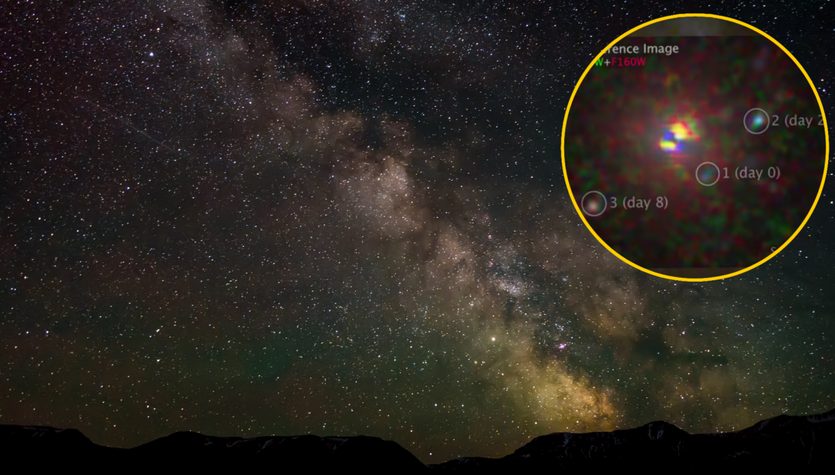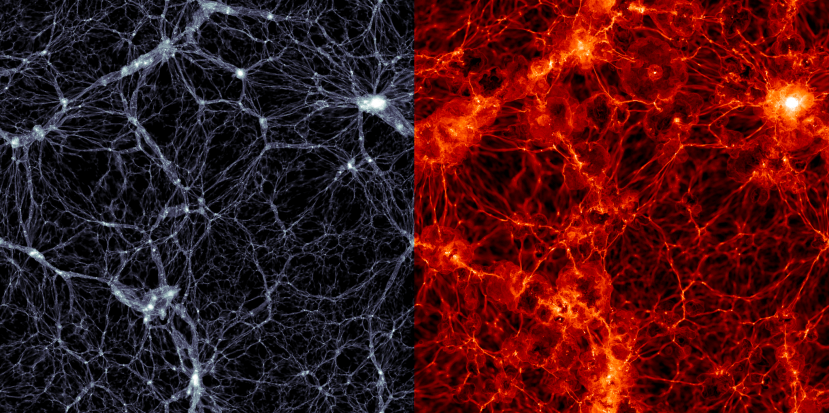The attacks were so effective that some observatories had to suspend planned observations. NOIRLab, an organization that deals with infrared astronomical observations, acknowledged in its latest announcement that the Aug. 1 hacking attack forced telescope operators to completely suspend planned observations on the telescopes. Gemini North in Hawaii and South Gemini in Chile, as well as on smaller telescopes located, among others, at the Cerro Tololo Observatory in Chile.
Weeks go by and some of the telescopes are still out of order, which certainly causes serious problems for astronomers who have already been given observing time on the telescope and are now unable to carry out their research projects. And given that the largest telescopes are given observing time for a long time to come, even getting the instruments back up and running now won’t solve the problems. After all, astronomers who couldn’t make their observations throughout August won’t be able to do so now, because the observation periods are already allotted for September.
Read also: Head-on collision in space! You won’t be stars
In the latest statement published on the NOIRLab website The organization guarantees full cooperation with cyber security experts to restore the functionality of all monitoring tools and hopes that everything will return to normal in the near future.
Why would someone attack an astronomical telescope? Foreign conspiracy?
But the absurdity of the situation is due to the fact that it is not known who carried out the attack and what its purpose could have been, other than to create confusion and make life difficult for scientists involved in research aimed at finding answers. For questions about the universe around us. It seems that there is nothing attractive for hackers here. NOIRLab also doesn’t provide information on the results yet, since the investigation is still ongoing.
There is a completely different fact that might catch your eye. The attack occurred a few days before the US National Counterintelligence and Security Center published the report bulletinIn it, she advised companies and institutions in the US space sector to pay attention to the danger of cyberattacks. This means that some signs about the possibility of such attacks must have already appeared somewhere. The bulletin stated that the espionage and hacking communities understand the importance of the commercial use of space by Americans and realize that a comprehensive surveillance infrastructure can be a tool to enhance national security on the ground and in orbit. Further development of the space sector may also lead to the acquisition of more technologies and expertise that can be used against enemy nations in the future. Perhaps the attack on the surveillance infrastructure was an attempt to wreak havoc and halt progress in science for a while.
It is worth noting here that less than a year ago, in October 2022, the ALMA Observatory located in the Atacama Desert in Chile fell victim to a similar hacking attack. It can therefore be expected that even if the Gemini telescopes can be put back into operation in the near future, astronomers can expect more attacks of this kind in the coming months and years.

Echo Richards embodies a personality that is a delightful contradiction: a humble musicaholic who never brags about her expansive knowledge of both classic and contemporary tunes. Infuriatingly modest, one would never know from a mere conversation how deeply entrenched she is in the world of music. This passion seamlessly translates into her problem-solving skills, with Echo often drawing inspiration from melodies and rhythms. A voracious reader, she dives deep into literature, using stories to influence her own hardcore writing. Her spirited advocacy for alcohol isn’t about mere indulgence, but about celebrating life’s poignant moments.







